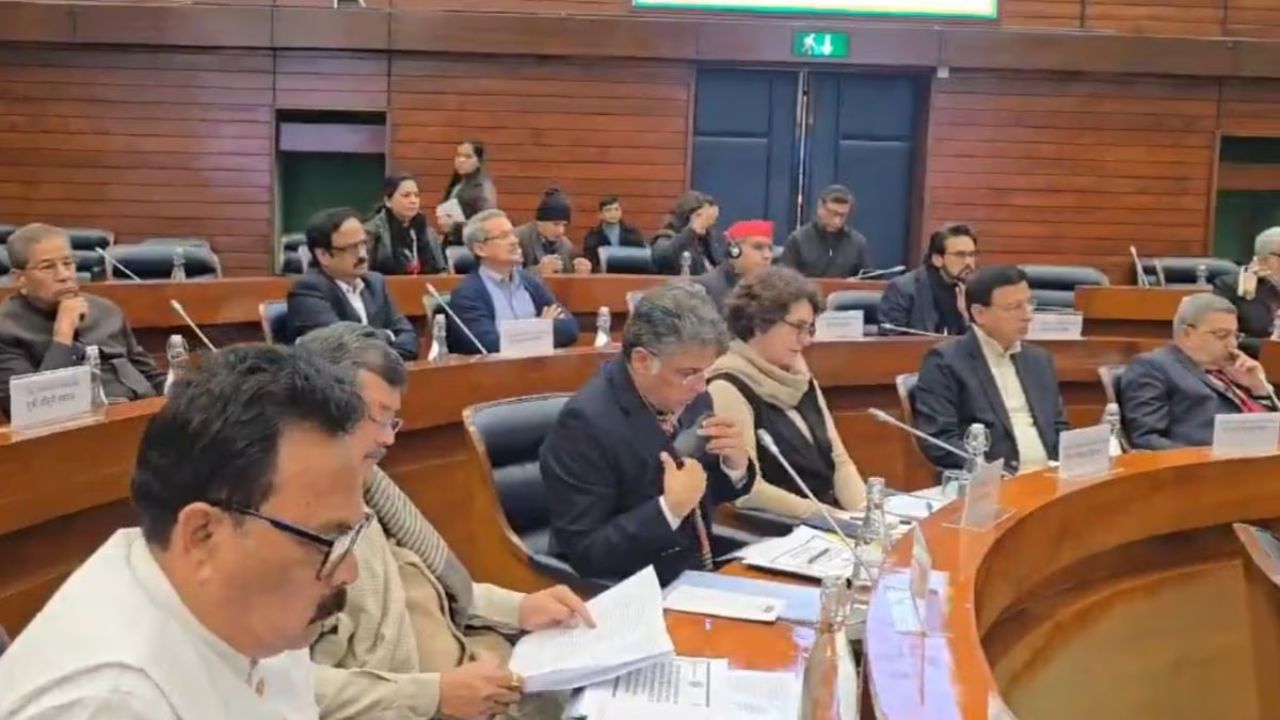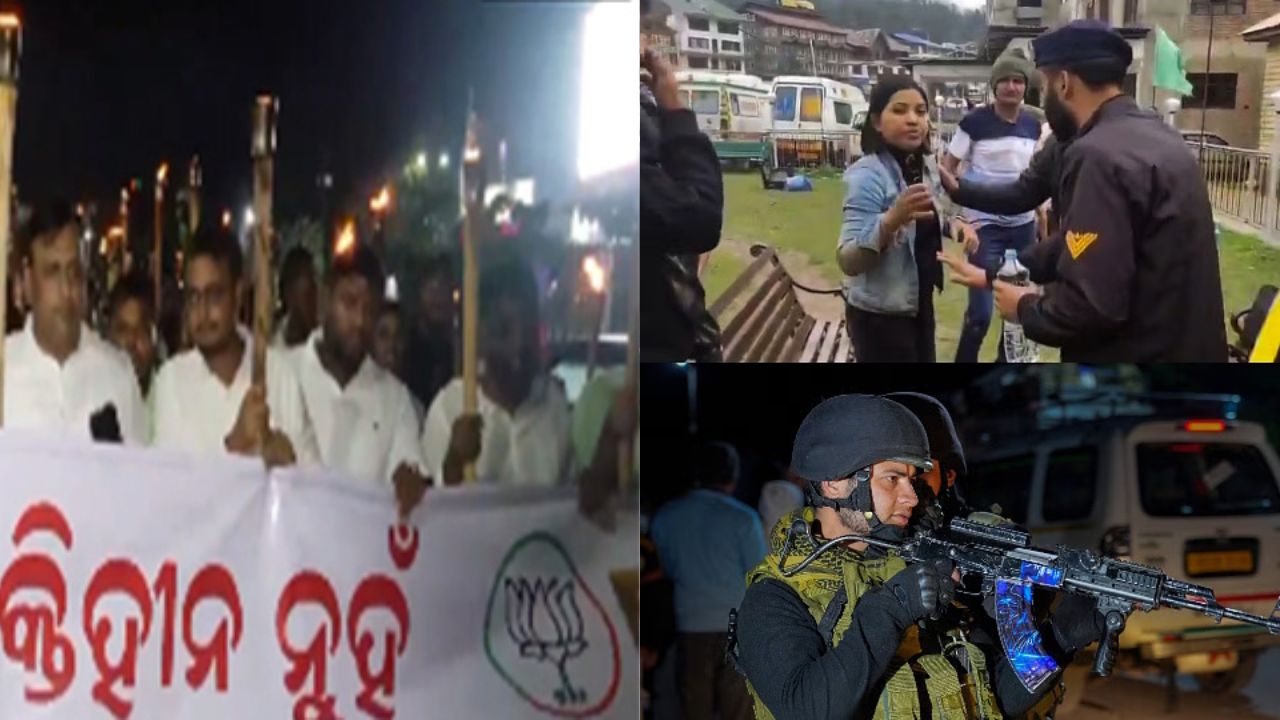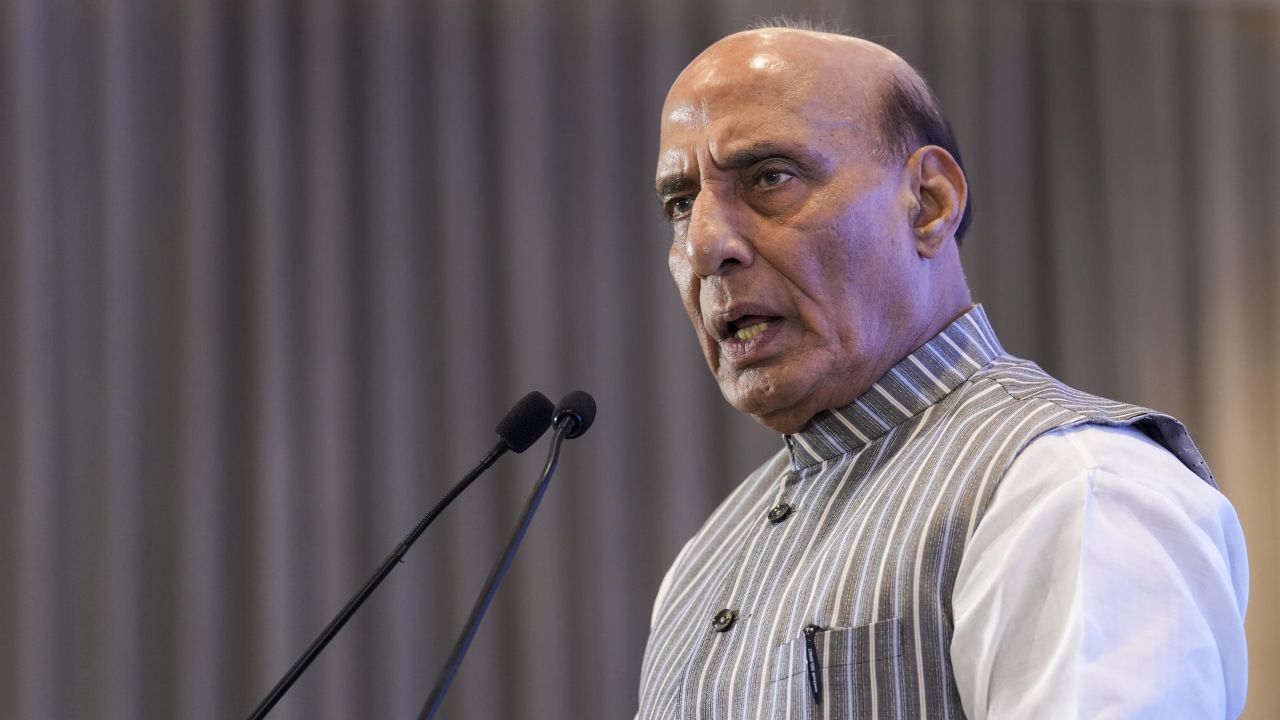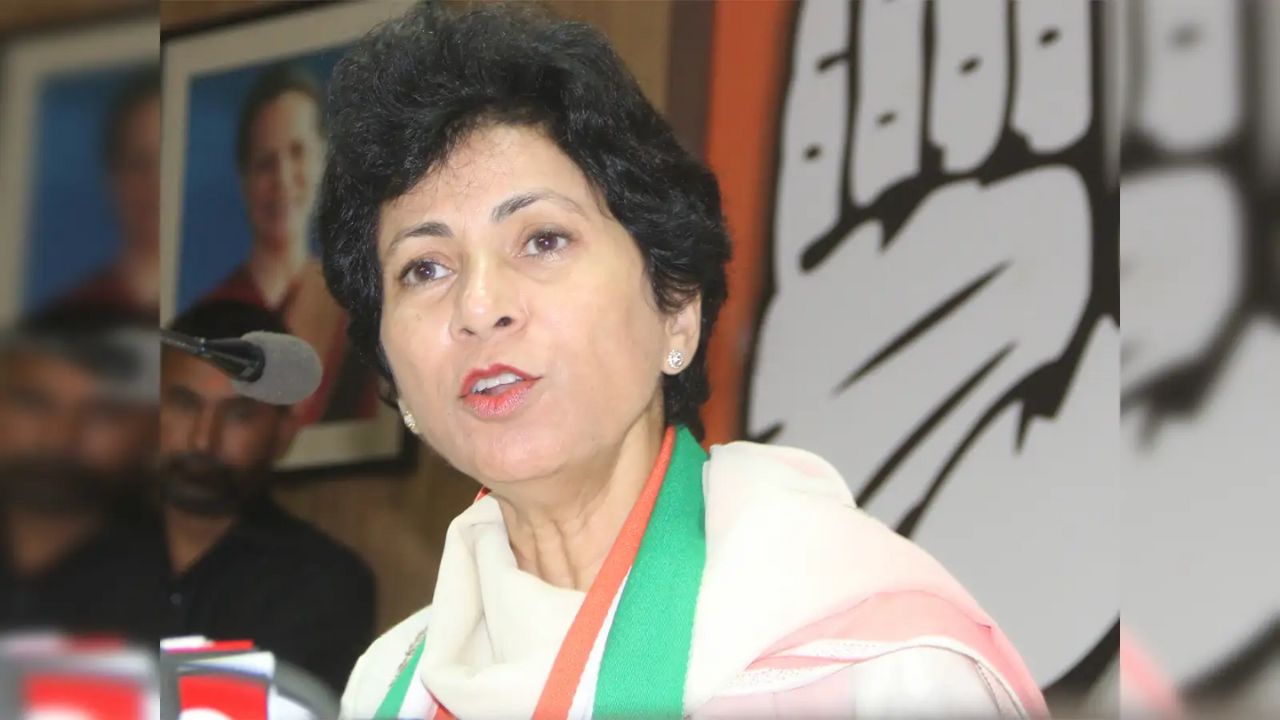NDA’s JD(U) and the Opposition raise concerns over simultaneous polls as House panel convenes
During the first meeting of the Joint Parliamentary Committee convened to study the "One Nation One Election" Bill, JD(U), a BJP ally, and opposition parties raised concerns about its feasibility and implementation. Opposition members questioned the

During the first meeting of the Joint Parliamentary Committee convened to study the “One Nation One Election” Bill, JD(U), a BJP ally, and opposition parties raised concerns about its feasibility and implementation.
Opposition members questioned the Constitutionality of the Bill and its impact on federalism. Meanwhile, JD(U), a BJP partner, inquired about how the Bill would address potential increases in election expenses if governments were to fall multiple times during a tenure.
The YSRCP expressed reservations about the use of EVMs and proposed a return to ballot papers for elections.
The committee, consisting of 39 members, is reviewing two Bills: a Constitutional amendment to align the terms of Lok Sabha and state Assemblies, and a corresponding Bill to modify Acts affecting Union Territories and Delhi to facilitate simultaneous elections.
On Wednesday, the committee received documents and representations from the Ministry of Law. Members from the NDA defended the Bill, pointing out that discussions on simultaneous elections have been ongoing since 1957. Ministry officials briefed the committee on the Bills and presented the rationale behind the proposal for simultaneous elections.
Committee members were provided with copies of the High-Level Committee report on One Nation One Election, chaired by former President Ram Nath Kovind, alongside thousands of annexures, which included past reports from the Law Commission and Parliamentary Standing Committee on the issue.
The JD(U) raised concerns about the logistics of conducting simultaneous elections. Meanwhile, opposition parties like Congress argued that the concept of simultaneous elections undermines the Constitution and federalism.
The TMC called for an extension of one year to allow the committee more time to examine the complex issue and countered the government’s argument that multiple elections lead to “policy paralysis,” asserting that the Model Code of Conduct only affects states holding elections, not those where elections aren’t taking place.





